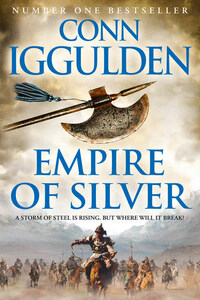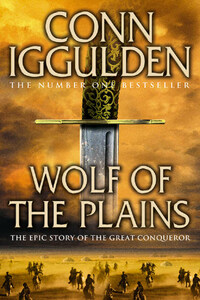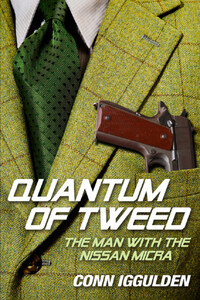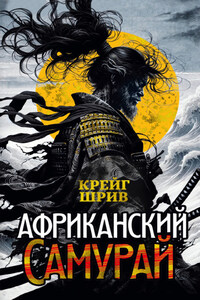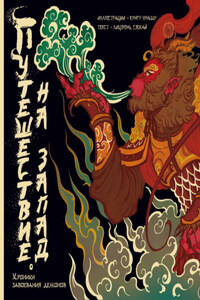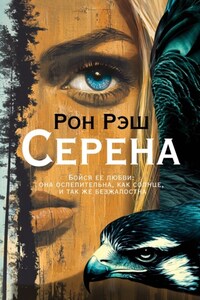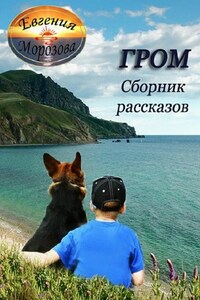HarperCollinsPublishers
1 London Bridge Street
London SE1 9GF
www.harpercollins.co.uk
Published by HarperCollinsPublishers 2010
Copyright © Conn Iggulden 2010
Conn Iggulden asserts the moral right to be identified as the author of this work
A catalogue record for this book is available from the British Library
This novel is entirely a work of fiction. The names, characters and incidents portrayed in it are the work of the authorâs imagination. Any resemblance to actual persons, living or dead, events or localities is entirely coincidental.
All rights reserved under International and Pan-American Copyright Conventions. By payment of the required fees, you have been granted the non-exclusive, non-transferable right to access and read the text of this e-book on screen. No part of this text may be reproduced, transmitted, downloaded, decompiled, reverse engineered, or stored in or introduced into any information storage and retrieval system, in any form or by any means, whether electronic or mechanical, now known or hereinafter invented, without the express written permission of HarperCollins e-books.
Source ISBN: 9780007201808
Ebook Edition © JULY 2010 ISBN: 9780007285426
Version: 2017-05-12
Find out more about HarperCollins and the environment at www.harpercollins.co.uk/green
He trudged through a landscape of gers, like grubby shells on the shore of some ancient sea. Poverty was all around him: in the yellowing felt, patched and repaired endlessly over generations. Scrawny kid goats and sheep ran bleating around his feet as he approached his home. Batu stumbled over the animals, cursing as water slopped from the heavy buckets. He could smell pungent urine in the air, a sourness that had been missing from the breeze over the river. Batu frowned to himself at the thought of the day he had spent digging a toilet pit for his mother. He had been as excited as a child when he showed the results of his labour. She had merely shrugged, saying she was too old to go so far in the night, when good ground was all around her.
She was thirty-six years old, already broken by sickness and the years passing. Her teeth had rotted in her lower jaw and she walked like a woman twice her age, bent over and limping. Yet she was still strong enough to slap him on the rare occasions Batu mentioned his father. The last time had been just that morning, before he began the trek to the river.
At the door of her ger, he eased the buckets down and rubbed his sore hands, listening. Inside, he could hear her humming some old song from her youth and he smiled. Her anger would have vanished as quickly as always.
He was not afraid of her. In the last year, he had grown in height and strength to the point where he could have stopped every blow, but he did not. He bore them without understanding her bitterness. He knew he could have held her hands, but he did not want to see her weep, or worse to see her beg or barter a skin of airag to ease her misery. He hated those times, when she used the drink to hammer herself into oblivion. She told him then that he had his fatherâs face and that she could not bear to look at him. There had been many days when he had cleaned her himself, her arms flopping over his back, her flat breasts against his chest as he used a cloth and bucket to scrub the filth from her skin. He had sworn many times he would never touch airag himself. Her example made even the smell of it hard on his stomach. When its sweetness was combined with vomit, sweat and urine, it made him retch.
Batu looked up when he heard the horses, grateful for anything that would keep him outside a little longer. The group of riders was small by the standards of a tuman, barely twenty horsemen. To a boy brought up on the edges of the camp, it was a glorious sight for a morning, a different world.
The warriors rode with very straight backs and, from a distance, they seemed to radiate strength and authority. Batu envied them, even as he ached to be one of their number. Like any other boy of the gers, he knew that their red and black armour meant they were Ogedaiâs own Guard, the elite warriors of the tumans. Stories of their battles were sung or chanted on feast days, as well as darker tales of betrayal and blood. Batu winced at the thought. His father featured in some of those, which prompted sidelong glances at his mother and her bastard son.
